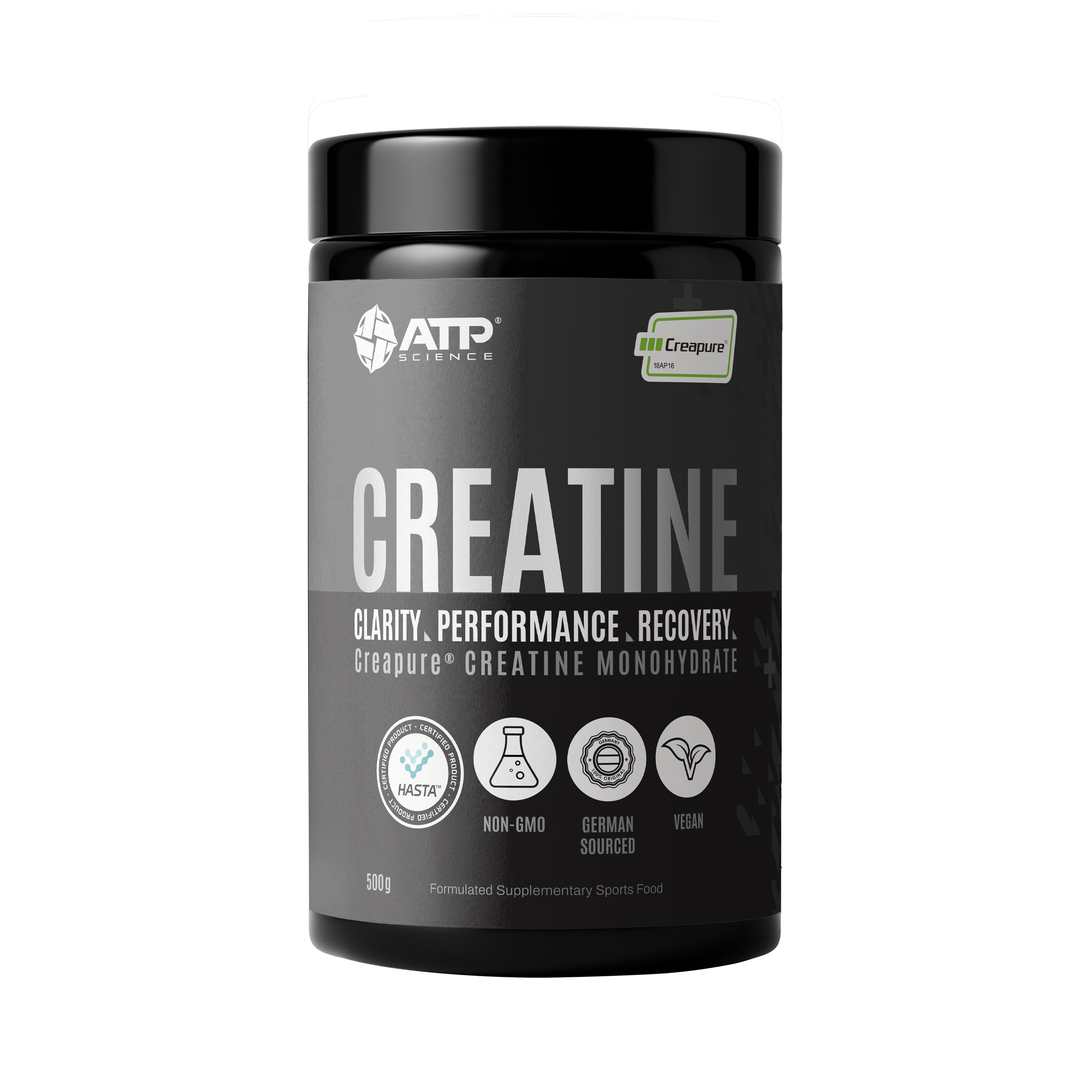Melatonin is the sleep hormone or at least what we usually associate with the idea of sleep and our sleep and wake cycle, however, it does have quite the array of functions that we will discuss in detail below.
Melatonin is not something that is readily available on supermarket shelves here in Australia like it is in the states. I remember the flight over to Miami for work and visiting a wholefood grocer there in search of something that could help regulate the horrendous trauma I had just given my circadian rhythm on that flight. Only to be met with a wall of options for dosages and pairings in melatonin supplements it blew me away!
What is Melatonin?
Melatonin was initially discovered and isolated from the dissection of the bovine pineal gland, where melatonin resides in humans too, in the pineal gland. This was discovered in 1958 by Aaron Lerner[1]. Initially, this discovery was for the purpose of discovering what darkened skin, Melanocytes, and the related substance extracted from the bovine pineal gland called melatonin[1]. Delightful, how science has come so far! Where were we, oh yes, the pineal gland in humans – research isolated that our pineal glands located deep in the brain, in the middle where the two halves of the brain meet; an area called the epithalamus.
Melatonin may predominantly be secreted from this gland; however, it also resides in other areas driven by our circadian rhythm and what is called the master clock, better known specifically as the Suprachiasmatic Nucleus (SCN for short). Melatonin can then as such be located in areas such as:
- Retina.
- Bone Marrow cells.
- Platelets.
- Skin.
- Lymphocytes.
- Harderian gland – located in the posterior of our ocular globes.
- Cerebellum.
- Gastrointestinal tract.
-
Interestingly, the secretion of melatonin in the gastrointestinal tract appears to follow periodic food intake, and more apparent after foods consumed rich in tryptophan – which makes sense being that tryptophan, the amino acid, is used in the synthesis of melatonin but also serotonin which is the precursor to melatonin in the pineal gland. So, both Melatonin and serotonin are heavily involved in our gastrointestinal tract[2].
To put this into further perspective – there is 10-100 times the amount of melatonin in the GI tract than there is found in our blood serum levels, and 400 times the amount of melatonin in the GI Tract than there is in our pineal gland! Serotonin resides at a percentage of 95% in our gut[3].
Melatonin on the Mother and Baby’s Sleep Clock
Close inspection of the sleep cycle in infants found that melatonin was readily available in the mother’s breast milk. The melatonin located in the gastrointestinal tract of new-borns and baby mammals was all of the maternal origins, melatonin easy passes through the placenta and once born into the breast milk. This melatonin secretion follows a circadian rhythm with much higher levels occurring during the evening and next to nothing being present during the day[5]. Bodies are honestly incredible!
The formula form does appear to be absent of this melatonin and its precursor, and notably in the first 4-5 days of breastfeeding is when the exposure of colostral mononuclear cells are retained by the infant so that they are able to start synthesizing their own[5].
Synthesis Happens in the Dark
Because melatonin is the sleep chemical – we are less likely to be forming this in high levels while the suns up and shining right. This is why cortisol kicks in and has a sparring effect in the morning with melatonin. Cortisol rises in the AM and decreases by the PM, melatonin rises in the PM and lowers in the AM. When the light is restricted, this signals that we are heading into a phase of night and melatonin secretion is elevated.
Here is how it works in a more step by step insight:
- Light/luminous information is transmitted to the retina.
- From the retina, information is passed to the pineal gland.
- From here signaling occurs in the SCN of the hypothalamus in the brain.
This tends to happen more predominantly in lower light phases. 80% of melatonin is produced in the later hours after sundown it reaches peak secretion in the middle of the night and slowly declines before cortisol spikes in the morning[6].
Many Roles of Melatonin?
There is more to this sleepy chemical than just how many sheep we count when our heads hit the pillow. It also has functioning roles across the body via what is called MT3 Receptors which belongs to the reductase enzyme group in particular the ‘Quinone reductase 2 enzyme’. This reductase group is involved in reducing oxidative stress through inhibition of electron transfer reactions of quinones, keeping them in their natural antioxidant state. Its roles include aspects such as [7]:
- Sleep (obviously).
- Pubertal development.
- Seasonal adaption.
- Locomotor activity regulation.
- Neuroprotective mechanisms.
- Anti-inflammatory.
- Pain-modulator.
- Blood pressure homeostasis.
- Retinal function.
- Anti-tumour and antioxidant effects.
- Stimulation of cytokines for an immune response (Interleukins: IL-2, IL-6, IL-12) [8]
- T-Helper cell immune response capacity[9].
- Type 1 collagen synthesis and bone osteoblasts[10].
How do I get more Melatonin?!
By now you are probably sitting here thinking, oh my goodness, I need more of this! That is what we have been led to believe too – ‘take melatonin and sleep easy’ but it's not that simple. Placing a band-aid effect on our sleep states will never last if we don’t address the core issue. Usually, there are areas we can address that can assist us in getting some balance towards this aspect of our lives if no other underlying issue is present.
- Gut health – as we mentioned 95% of your serotonin is formed in your gut by our bacteria populations. They are responsible for the production of hundreds of neurochemicals that are communicated to and from the gut-brain axis. If you aren’t looking after your gut, we would recommend starting here and this comes from what’s going in.
- Dietary tryptophan – we only need small amounts of dietary tryptophan but it is a precursor for melatonin production remember, so ensuring you are getting enough of this in.
- Don’t ignore the importance of a schedule for your sleep and wake cycle – if you have an absolutely reckless sleep cycle and are up for all hours of the night and waking up early or at random times you are wreaking havoc on having any sort of sleep pattern to regulate melatonin production.
- Try to keep the light coming in of a night time to a minimum – your SCN works as a governing body clock remember, so light being transmitted in will be less likely to influence the secretion of melatonin from the pineal gland.
- Remove avoidable stressors – poor diet choices, unnecessary inflammation triggers like smoking/drugs/alcohol, etc. that may prolong elevation of cortisol that competes with melatonin secretion.
Take home note
Before reaching for that melatonin supplement, if you have applied all of the mechanisms and tips above and still finding it difficult to fall asleep, we recommend working with a health care professional to find out the root cause of what may be causes that restless sleep and have your hormones screened for deficiencies.
In 2012, a survey conducted by the national institute of health found that melatonin was one of the most commonly used supplements among adults and children to regulate sleep cycles. While short-term use of melatonin has shown little to no side effects when used for say jet lag by international workers, shift work, etc. little has been conducted on the insight of long-term use. This should be a naturally regulating system of the body, and much like when we have a health and fitness goal, we should be focusing on our lifestyle in terms of exercise and food before we add supplements. You get the most benefit from supplements when you have addressed these other facets of your life.
References
- Am. Chem. Soc.1958, 80, 10, 2587 Publication Date:May 1, 1958 https://doi.org/10.1021/ja01543a060
- Peuhkuri, K., Sihvola, N., & Korpela, R. (2012). Dietary factors and fluctuating levels of melatonin. Food & nutrition research, 56, 10.3402/fnr.v56i0.17252. https://doi.org/10.3402/fnr.v56i0.17252
- Gastrointestinal melatonin: localization, function, and clinical relevance. Bubenik GA Dig Dis Sci. 2002 Oct; 47(10):2336-48.
- Melatonin rhythm in human milk. Illnerová H, Buresová M, Presl J J Clin Endocrinol Metab. 1993 Sep; 77(3):838-41.
- Melatonin synthesis in human colostrum mononuclear cells enhances dectin-1-mediated phagocytosis by mononuclear cells. Pires-Lapa MA, Tamura EK, Salustiano EM, Markus RP J Pineal Res. 2013 Oct; 55(3):240-6.
- Melatonin in humans. Karasek M, Winczyk K J Physiol Pharmacol. 2006 Nov; 57 Suppl 5():19-39
- Melatonin as an antioxidant: physiology versus pharmacology. Reiter RJ, Tan DX, Maldonado MD J Pineal Res. 2005 Sep; 39(2):215-6.
- Role of melatonin in neurodegenerative diseases.Srinivasan V, Pandi-Perumal SR, Maestroni GJ, Esquifino AI, Hardeland R, Cardinali DP Neurotox Res. 2005; 7(4):293-318.
- A review of the multiple actions of melatonin on the immune system.Carrillo-Vico A, Guerrero JM, Lardone PJ, Reiter RJEndocrine. 2005 Jul; 27(2):189-200.
- Melatonin promotes osteoblast differentiation and bone formation. Roth JA, Kim BG, Lin WL, Cho MI J Biol Chem. 1999 Jul 30; 274(31):22041-7.


















